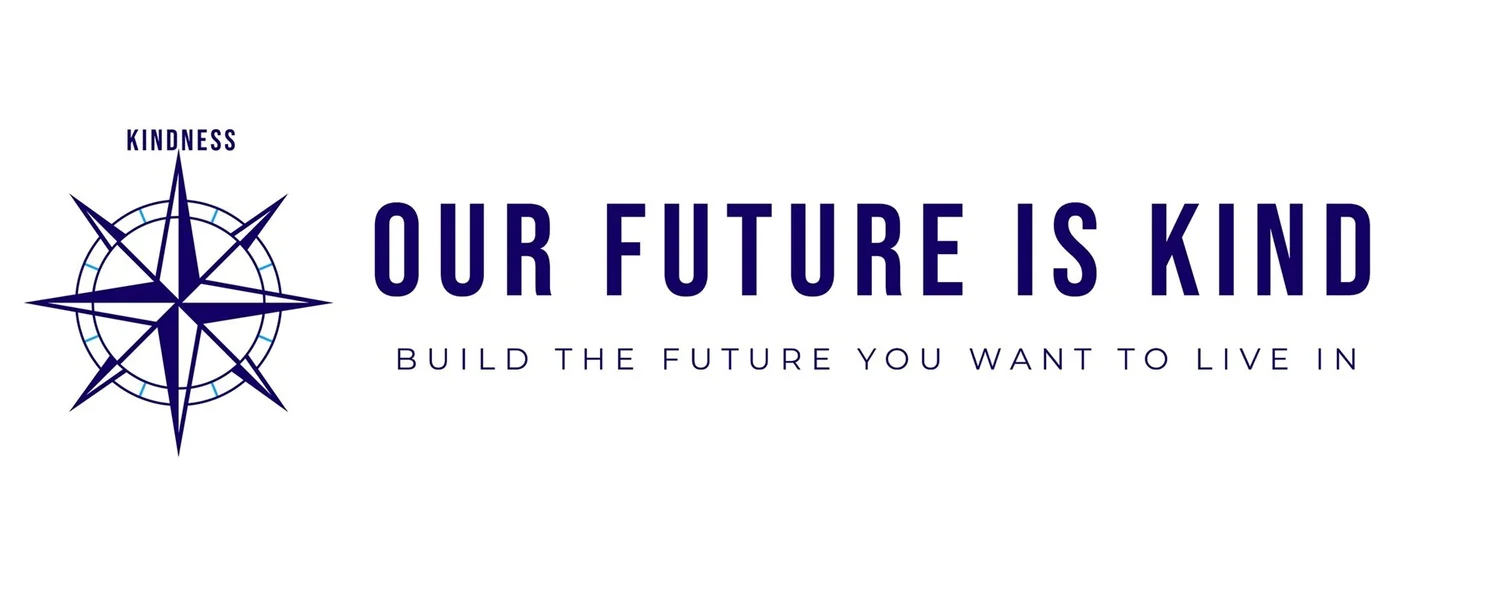Ubuntu, Kapwa, and Collective Consciousness in the USA
Date: December 9. 2024
Written by: Marc Bjørnholt
I’ve spent some time reflecting on cultural stereotypes and how confining people to rigid labels creates barriers that are hard to break free from. One common example is labeling the USA as strictly an “individualist culture.” While there’s some truth to this perspective, it oversimplifies the diverse ways Americans live and work. By exploring how other cultures approach collaboration and community, not to adopt new stereotypes but to find inspiration, we can create a more dynamic and inclusive society.
The workplace, at its best, embodies a sense of shared purpose—a concept akin to Ubuntu, a philosophy that Michael frequently highlights in his talks. This idea of collective consciousness has the power to reshape work culture and society at large.
Let’s dive deeper into these ideas about how various cultures’ perspectives can inspire us to create a better society.
Cultural ideas of collective consciousness
Ubuntu is the sub-Saharan idea that says: “I am, because we are.” It’s about social awareness and our responsibility to others around us. This philosophy captures, among many things, the fact that on Earth, we are all interdependent and rely on each other for survival. This philosophy was made famous by Nelson Mandela as an antidote to Apartheid in South Africa. He once remarked that a traveler newly arriving in a village of one of the Sub-Saharan African countries didn’t have to ask for food and drink because many of the locals would voluntarily offer food and other things.
There is a similar belief in my in-laws’ country of the Philippines named Kapwa. According the Kapwa, there is no separate existence, and the other person is also yourself. That means that people also have a responsibility to others in addition to oneself. Kapwa is arguably a sharing-culture, and people in the Philippines see themselves as connected to others.
Several researchers like Geert Hofstede have claimed that there are so-called individualist and collectivist cultures, the West versus the East, but these stereotypes likely do more harm than good. In fact, similar beliefs to Ubuntu and Kapwa can also be seen in Western countries.
In Sweden where I live, there is the idea of jämnställthet, a shared idea in the Nordic countries under different names. The main Nordic idea is broader than what the word can be translated as: Egalitarianism. Yes(!), there is this idea binding Nordic peoples together stipulating that everyone is equal, and everyone there knows the common playing rules: We respect each other’s privacy, we vastly overpay in taxes because we care about each other and our society, and we are all expected to be humble and not break with the community by thinking ourselves better than each other.
Beyond stereotypes of North America
All of the previously mentioned examples of “collectivism” – if we even want to use that name – are only generalizations and layers of several cultural onions. Complex cultural structures with layers that have sometimes been labelled “collectivist” or “individualist.” Hofstede calls whole cultures either individualist or collectivist and argues that the USA is a hyper-individualist culture where everyone is mostly concerned with themselves… But is it really true that there is no collective identity that says something similar to “I am, because we are?”
The takeaway for the USA? Just because someone stereotypes the USA as being in a certain way, you should not let that restrict your ideas of it. In North America, groups of people like extended families, inclusive and supportive work cultures, and religious communities are clearly valued in much of society. The philosophy of Ubuntu doesn’t erase the individual but emphasizes the synergy between the individual and the collective.
How can we use this idea of community support to grow each other?
Kindness Challenge
Can you think of any communities that you have engaged with recently? How did everyone in that community benefit from a common purpose? If you haven’t, what communities would you like to see in the USA? Can you think of ways to align a large amount of people to a higher purpose where everyone can benefit from community support? Feel free to let us know at marc@ourfutureiskind.com or michael@ourfutureiskind.com.


